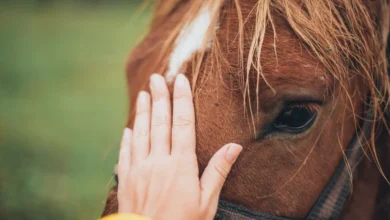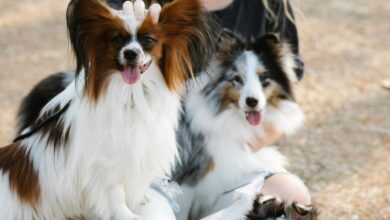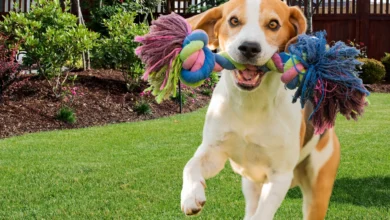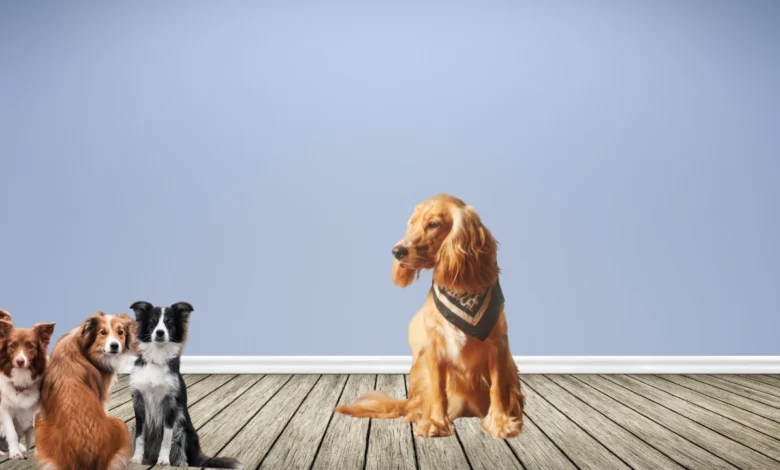
So, you got yourself a small dog—You now have a pocket-sized bundle of energy that believes they’re the boss of the house. If you’ve ever tried training a tiny dog who thinks they’re in charge, you know it can be… an adventure.
Let’s be real—small dogs are adorable, but they can also be stubborn, loud, and sometimes downright sassy. The good news? Training small breeds for obedience isn’t impossible (even if it feels like it some days). With the right approach, a little patience, and a LOT of treats, your pint-sized pup can learn to behave like a true gentleman—or lady. Let’s dive in!
Why Small Dogs Can Be Tricky to Train
Ever noticed how tiny dogs act like they’re 10 times their actual size? That’s “small dog syndrome” in action! But it’s not just attitude—there are real reasons why training small breeds can be a bit more challenging.
They Think They’re in Charge
Little dogs have BIG personalities. If they decide they run the household, good luck telling them otherwise. The key is teaching them that you’re the leader (in a kind and loving way, of course).
People Let Them Get Away with More
If a Great Dane jumps up on someone, it’s a problem. But if a tiny Chihuahua does it? “Aww, how cute!” See the issue? We tend to let small dogs slide on bad behavior, which only encourages it.
They’re a Bit More Sensitive
Harsh corrections don’t work on small dogs—if anything, they’ll just get scared or stubborn. Positive reinforcement (treats, praise, and play) is the way to go.
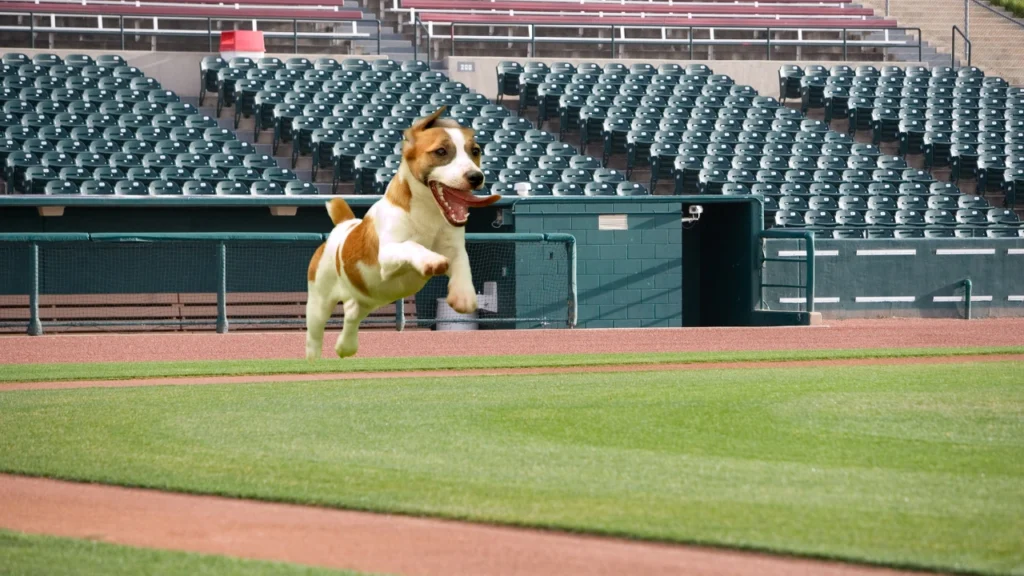
How to Train Small Breeds for Obedience (Without Losing Your Mind)
(1) Start Training ASAP
The sooner, the better! Puppies are like sponges, soaking up everything. If you let bad habits slide early on, they’ll be much harder to break later.
Pro Tip: Keep training sessions short and sweet—5 to 10 minutes at a time. Small dogs have short attention spans, so quick, fun lessons work best.
(2) Use Rewards, Not Scolding
Small dogs respond WAY better to treats and praise than to scolding. If they do something right, make a big deal out of it!
Find Their Favorite Reward: Some dogs go crazy for treats, others prefer toys or belly rubs. Figure out what makes your pup happiest and use it to your advantage.
(3) Socialize, Socialize, Socialize!
If small dogs aren’t properly socialized, they can get nervous around new people, dogs, and places. That often leads to barking, fear, or aggression.
How to Help: Take your pup on adventures! Let them meet new people, visit pet-friendly stores, or arrange playdates with other dogs.
(4) Set Clear Rules (Even for the Cute Ones)
I know, I know—it’s hard to say no to those puppy-dog eyes. But if you don’t want your dog begging at the table or jumping on guests, you need to set boundaries from the start.
Consistency is key. If you don’t want them on the couch, don’t let them up “just this once”—because they’ll remember.
(5) Leash Training 101
Some small dogs refuse to walk on a leash, while others pull like they’re in a sled race. Both behaviors need fixing!
The Fix: Use a lightweight harness instead of a collar (to protect their tiny necks), and reward them for walking nicely beside you.
Common Small Dog Training Challenges (and How to Fix Them)
Barking at EVERYTHING
Mailman? Bark. Car driving by? Bark. A leaf blowing in the wind? Bark bark bark.
Fix It: Teach the “quiet” command. Wait for a pause in the barking, then say “quiet” and reward them for stopping.
Potty Training Problems
Tiny dogs = tiny bladders. They need to go more often, which means accidents happen.
Fix It: Take them outside frequently, especially after meals, naps, and playtime. If accidents happen, don’t scold—just clean up and try again.
Jumping on People
It might seem cute, but a small dog jumping all over guests can get annoying.
Fix It: Teach them to sit instead of jump. Ignore them when they jump up, but reward them when they sit calmly.
Training Tools You’ll Want to Have
- Clicker: A quick way to mark good behavior.
- Tiny, Soft Treats: Perfect for small mouths and quick rewards.
- Harness & Leash: Keeps their delicate necks safe during walks.
- Puzzle Toys: Keeps their minds busy and prevents boredom.
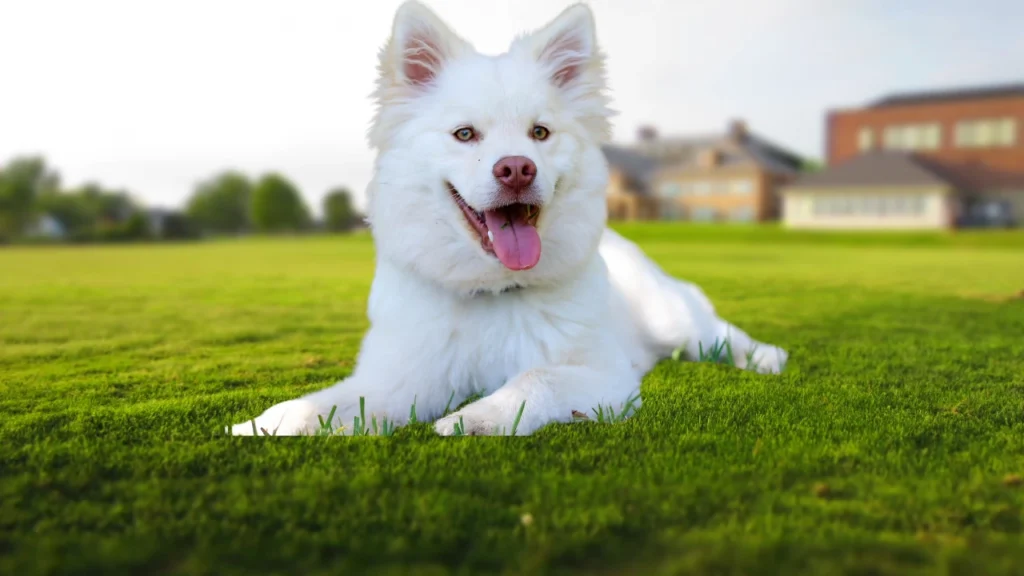
Final Thoughts: A Well-Trained Small Dog = A Happier Home
Training small breeds for obedience isn’t about being strict—it’s about setting them up for success. A well-trained dog is a happy, confident dog, and that makes for a much more peaceful household!
Now, tell me—what’s the funniest thing your small dog has ever done? Drop your stories in the comments! Let’s swap training wins (and fails).
